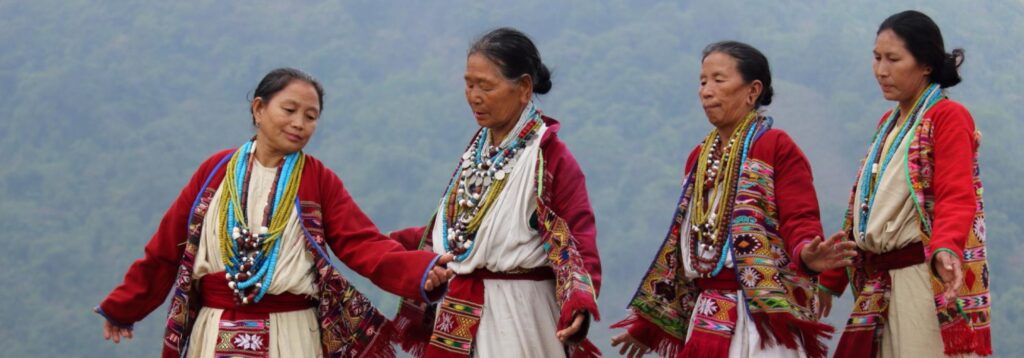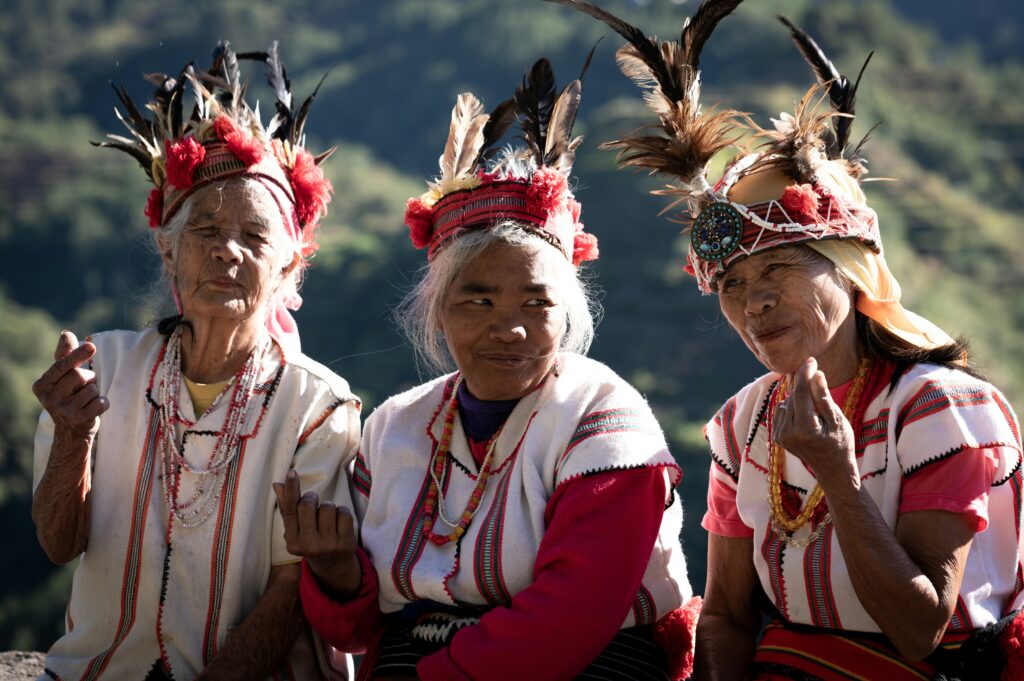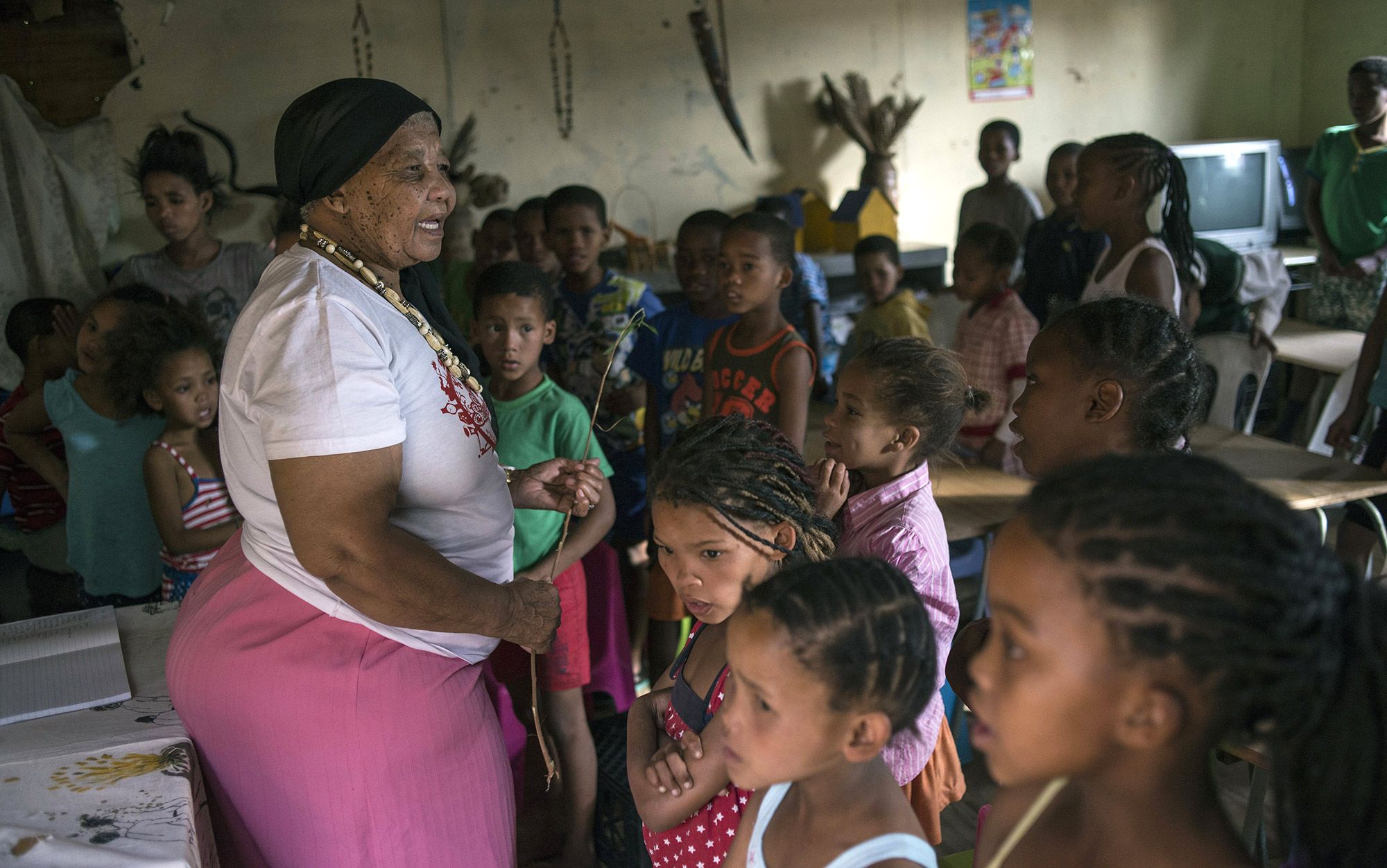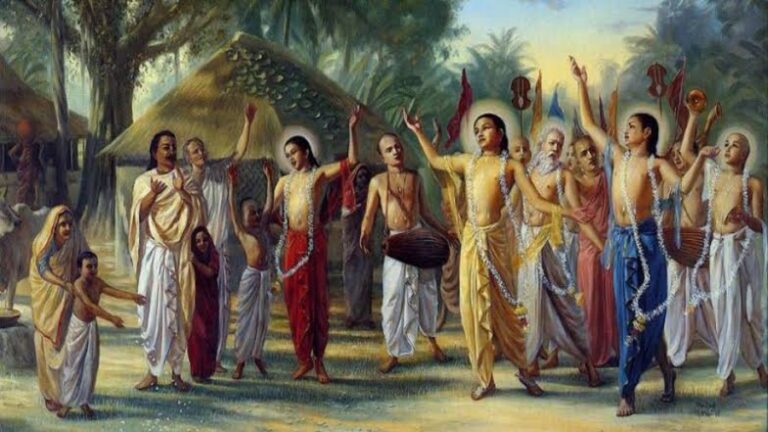
At a loss for words: The vanishing language of the Pacific
There are words in the Pacific you’ve never heard. Words for winds that blow only at night, for constellations that guide fishermen without a compass, for grief so deep it echoes in the bone. However, these words don’t translate or travel well. And soon, they may not exist at all. Meanwhile, in the grand sweep of global loss, language tends to slip under the radar. Ice caps melt, wars rage, forests fall, but the silence of a dying tongue makes no noise. And in the vast ocean of the Pacific, where the land is made of stories and the horizon has always spoken in riddles, this silence is growing louder.
 Each word they speak is a lifeline to the past, fragile, precious, and nearly forgotten
Each word they speak is a lifeline to the past, fragile, precious, and nearly forgotten
Across the scattered islands of the Pacific, hundreds of Indigenous languages are fading into silence. Spoken for generations by small, close-knit communities, many of these languages now have fewer than a hundred fluent speakers left. The causes are complex, ranging from the legacy of colonial education systems and the dominance of English or French, to the rise of regional lingua francas like Tok Pisin. But in recent years, two major forces have deepened the crisis: the spread of globalized digital culture and the existential threat of climate change. As a result, younger generations migrate or adopt more widely spoken languages for school, work, and social media. Their ancestral tongues are being left behind, often unintentionally, but at great cultural cost.
Words Erode Like Shorelines:
According to UNESCO, more than 400 of them are endangered, and some are down to their last fluent speakers. Moreover, as climate change displaces islanders, and as younger generations turn to English, French, or regional pidgin languages, the Pacific’s extraordinary linguistic diversity is slipping quietly into silence. Yet this is not a story of loss alone. It’s also one of resistance and renewal.
The Pacific Islands, sprawling from Papua New Guinea to Vanuatu to Micronesia, are home to over 1,200 languages, more than a fifth of the world’s linguistic diversity. That’s not a typo. A fifth. But today, more than 400 of these languages are endangered. Some have fewer than 50 speakers left. Some have only one.
It’s a slow vanishing act. Not with fire or guns, but with school uniforms, colonial syllabuses, sitcoms in English, and the unrelenting pull of modern life. Children are told to speak English to succeed. Parents comply. Grandparents get quieter.And now? We are a generation away from forgetting entire worldviews.
Language Is Not Just a Tool:
 Native words fade, foreign ones take root
Native words fade, foreign ones take root
Here’s what outsiders often miss: a language is not just a way to communicate. It’s a map of memory. A vessel for environmental wisdom. A rhythm for mourning. A ritual for joy. In the Pacific, where land, ocean, and spirit blur, words carry weight like coral carries reefs. Lose the language, and you don’t just lose names. You lose the navigation system of a culture.
Language loss is often framed as nostalgia, something quaint, poetic, unfortunate. In reality, however, in the Pacific, it’s also about survival. Consequently, as climate change floods ancestral lands, communities are forced to migrate. When a village disperses, so does its speech. Languages tied to specific landscapes, reefs, herbs, and birdsongs become unmoored. And what replaces it? Standardised tongues. Government languages. English, Tok Pisin, French. Efficient, functional, universal. But sterile.
Guardians of the Pacific Tongue:
 A village elder shares a fading tongue of the Pacific, words carried through generations, now at risk of silence
A village elder shares a fading tongue of the Pacific, words carried through generations, now at risk of silence
Across the Pacific Islands, the voices of the past and future are meeting in urgent conversation. As hundreds of Indigenous languages edge closer to extinction, it’s not just linguists or governments sounding the alarm, it’s grandparents with memory, and grandchildren with Wi-Fi.
In many Pacific communities, elders are the last fluent speakers of their native tongue. For decades, their languages have survived through oral transmission, stories, chants, prayers, and lullabies passed from one generation to the next. But with formal education often favouring English, French, or Tok Pisin, fewer young people learn to speak their ancestral language at home.
In villages across the region, elders are working with local schools and NGOs to record oral histories, folk tales, and ceremonial vocabulary. Many are participating in language documentation projects, where their voices are captured using mobile phones and voice recorders. These recordings are being compiled into community archives, some shared in village libraries, others uploaded online. In Kiribati and the Solomon Islands, elders have begun hosting storytelling circles, where children gather to hear origin myths, sing traditional songs, and learn proverbs. These sessions often replace or complement Sunday school classes and have proven to be powerful tools of linguistic immersion.
In the face of rising tides and shrinking attention spans, Pacific Islanders are refusing to let their words wash away. Every story recorded, every app coded, every chant sung into a mic is a declaration, we are still here. These languages carry the weight of ancestors, the pulse of the land, the rhythm of the sea. To let them vanish would be an erasure. To preserve them is resistance. Because in the Pacific, a word is never just a word. It is a paddle, a prayer, a protest. And the fight to keep speaking is the fight to keep being.
For more stories like this, stay tuned with The World Times.



